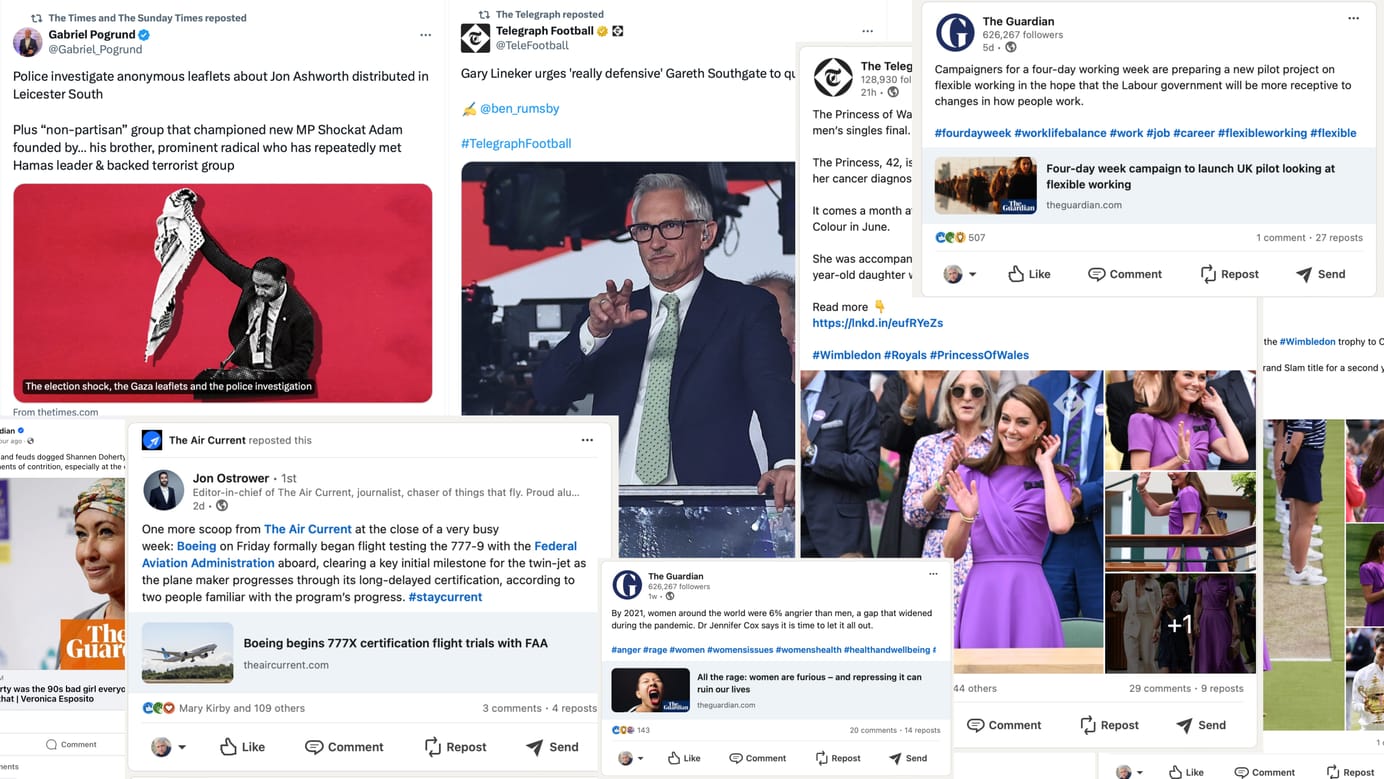Media140: Success & Failures With Twitter Journalism
[Guy Degen](http://frontlineclub.com/blogs/guydegen/) now. He’s an independent freelance using Twitter in the field. “The 3G wonderland” – nice phrase. Reporting on opposition protest in Georgia. All he had was his Nokia N82, and was able to use Twitter tag search to be aware of major developments. He’s no longer isolated while working alone in the field. (He’s [@fieldreports](http://twitter.com/fieldreports) BTW). Photojournalism via TwitPic. Gives visual backup. Used Utterly then, now [AudioBoo](http://audioboo.fm/) for audio reporting – talking as walking and offering in-depth coverage. And live-streaming via [Qik](http://qik.com/). Frontline Club network helped spread reporting, orchestrated by [Graham Holliday](http://www.noodlepie.com). Main advice: practice and experiment with the tools, so they know how to use them when something big happens. Beware using bad taste usernames, as one news organisation did with the German shootings.
[Mark Jones of Reuters](http://twitter.com/markjones). 4 stages of Twitters use amongst Reuters journalists:
1. Cynicism
2. Curiosity
3. Engagement
4. Addiction
Reuters twitterers have beaten their own wire – “if we don’t do it, someone else will”. You need to feed conversations around the event into it. Gordon Brown event – conversation was detached from event. David Cameron enthralled by Tweetdeck. Cameron went on to answer other questions via YouTube.
Q&A Notes
In some countries Twitter isn’t the major microblogging service.
[Twibble](http://www.twibble.de/) was Kevin’s pick for geo-aware Twitter.
Sign up for e-mail updates
Join the newsletter to receive the latest posts in your inbox.










